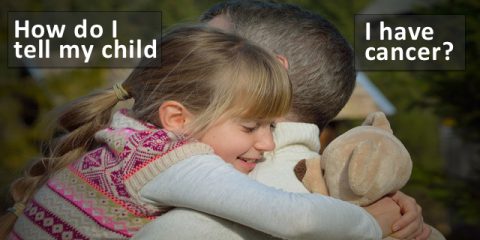Cherry Hughes** is an active, energetic 75 year old, still working in the marketing and public relations profession in Great Britain. Her life is filled with friends and fun. “I love cooking and eating out. I am deeply interested in politics. I love music …I go to jazz clubs. I love going to France …I have a little apartment...
Read MoreMelanoma Posts on Medivizor
What is Neutropenia?
There are 1.6 million people diagnosed with cancer in the US each year. Of these, 650,000 receive chemotherapy. Did you know that 60,000 people a year are hospitalized for neutropenia, a common side effect of chemotherapy? One in fourteen die because of it. Of the 650,000 receiving chemotherapy, 104,000 are not aware of neutropenia and 52,000 don’t...
Read MoreWhat You Think About Tanning: Medivizor’s Tanning Survey Results
It is the end of summer in the Northern Hemisphere; people have been outdoors in the sun. Over the summer we’ve been promoting our short survey on tanning. We had 101 respondents and thought we’d share some results. Beliefs about tanning Do you consider yourself to be more attractive when you have a tan? “I am sunburnt; I may sit in a...
Read MoreHow to Smoothie!
This summer has been a challenge after a family member with celiac disease had a gluten exposure (Click here to read more about celiac disease). Gluten damages the small intestine villi (see 5 Facts You Probably Didn’t Know About Your Small Intestines), which are essential for nutrition absorption. For over a month, gastrointestinal pain, vomiting...
Read More“I’m Fine, Really I’m Fine:” What not to say to someone with cancer
Hearing this refrain, “I’m fine, I’m fine, really, I’m fine” at the end of a telephone line from a dear family member who had cancer nearly drove me crazy. I knew that she wasn’t fine. Reflecting back, I realize that I may have been asking the wrong question or saying the wrong things. It is tough to know what to say...
Read MoreMore Free Vacations For Adults With Cancer: Wish Foundations
We are adding to the list of respite opportunities that are available for adults with cancer. In addition to a couple of programs like the ones featured in Free Vacations for Adults affected by Cancer, there are a few foundations for adults with cancer that are much like the well-known Make-A-Wish Foundation (for children) which provide support for...
Read MoreWhat Do You Know About Tanning?
Fooled by Advertising? Have you heard or seen this myth about how a “base tan” protects you? It is present online and at your local tanning bed establishment (sometimes called “solarium”). Here is the statement taken directly from the American Sun tanning Association, “These two steps combine to create a powerful natural sunscreen that...
Read MoreSlip on a Shirt, Slop on Sunscreen, Slap on a Hat: Prevent Skin Cancer
When you see a seagull, do you think sun safety? If you live in Australia, your answer would be yes! Introducing Sid the Seagull Skin Cancer Australia has the highest reported skin cancer rates in the world. The most common cancer in Australia’s 15 to 29 year old population is melanoma. Since 1981, Sid has been teaching sun safety to our mates...
Read MoreOncology Basics 2016: The Immune System and Immunotherapy
Oncology Basics 2016 continues with a look at the immune system and immunotherapy. As described in a previous post, one of the regulators of cell division and proliferation is the immune system. Harnessing the power of the immune system to attack and destroy cancer cells is a promising area of oncology research. Immune System Cells Below is a graphic to...
Read MoreCan You Spot Skin Cancer? [Infographic]
Get ready for extra sunlight in the Northern hemisphere! In the US, May is Melanoma/Skin Cancer Detection and Prevention month. To increase awareness, the American Academy of Dermatology has created an infographic on spotting skin...
Read MoreHow Do I Tell My Child I Have Cancer? 7 Insights From Parents
A cancer diagnosis is overwhelming. So is the prospect of telling your children about a cancer diagnosis. Social media makes it possible for parents to share strategies and provide guidance to others facing this challenge. Here are some insights. Insight 1: Tell Your Children the News Parents protect. The natural inclination is to keep diagnoses of...
Read MoreMaking Sense of ASCO 2015 Findings: Part 2
In our previous post, Making Sense of ASCO 2015 Findings: Part 1, we began our report on specific studies presented at The American Society of Clinical Oncology (ASCO) 51st Annual Meeting. How should this information be interpreted? At conferences like ASCO, scientific discoveries are usually presented before publication and without complete peer review...
Read More
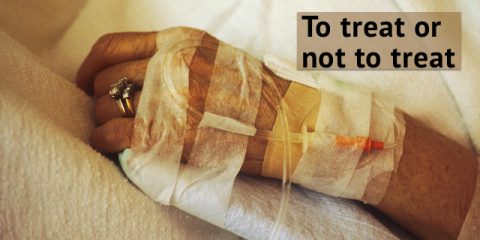
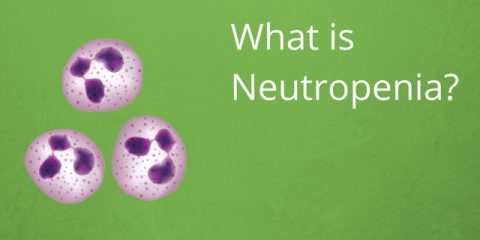

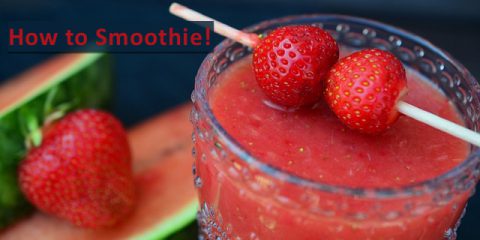

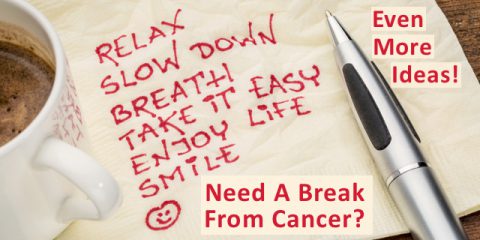
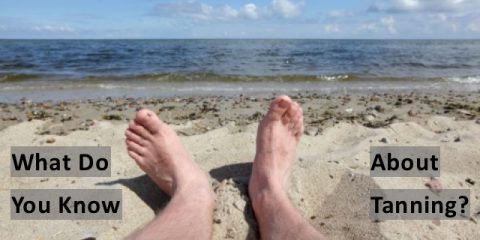
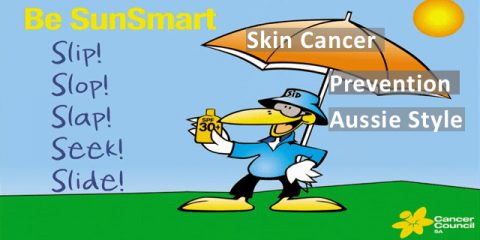
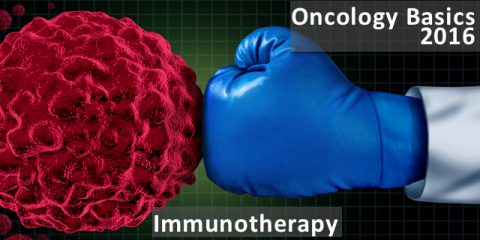
![Can You Spot Skin Cancer? [Infographic]](https://medivizor.com/blog/wp-content/uploads/et_temp/skincancerprevention-152785_480x240.jpg)
